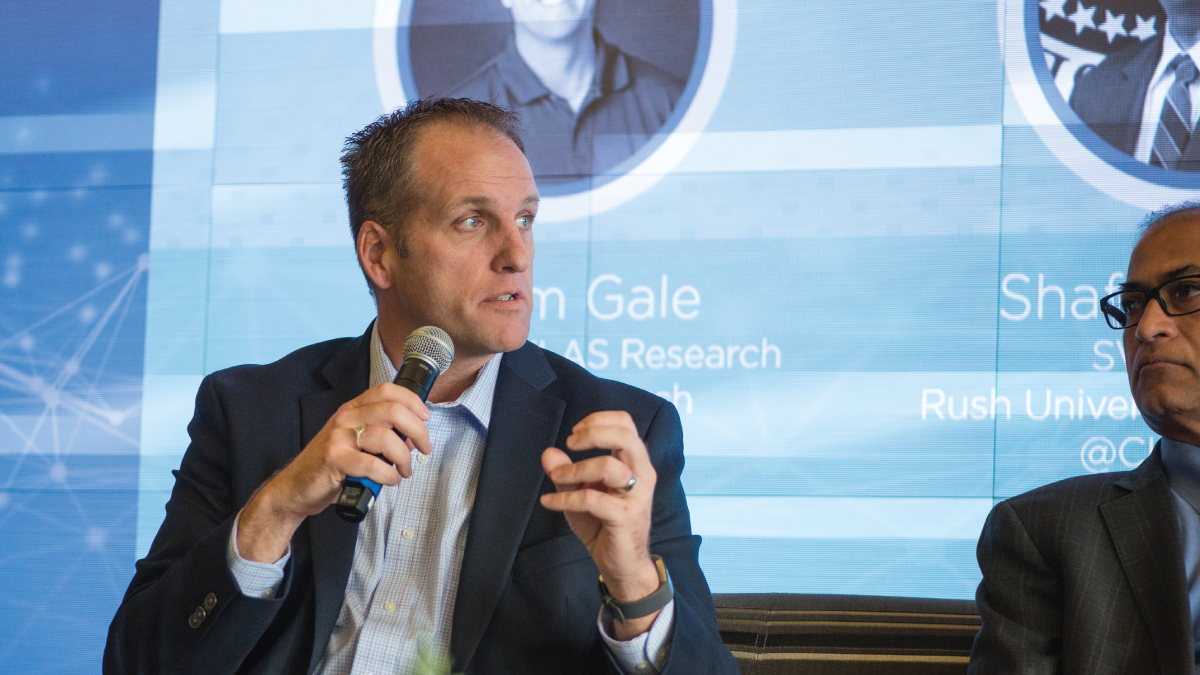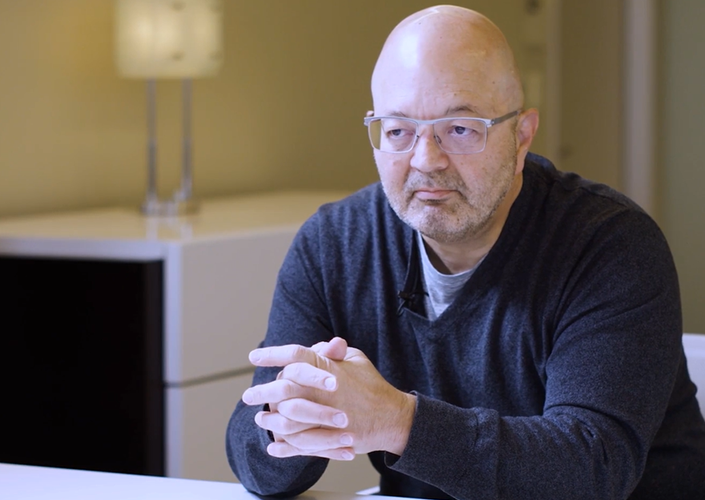The president of research firm KLAS says the growing number of patient health apps will need to communicate with health system EHRs
Adam Gale, President of research firm KLAS, argues that patient demand for better solutions for engaging in their health care will push the large electronic health record (EHR) vendors to better share data and interface with third-party technology.
Gale’s comments were delivered during a panel discussion on interoperability at the Center for Connected Medicine’s Top of Mind 2019 Summit.
Interoperability is key priority for health systems that are looking to engage with patients and achieve other goals. But so far, many health systems are primarily relying on their EHR vendors to determine the solutions they offer to patients.
[Webinar: Have we reached a tipping point for greater health care interoperability?]
“I don’t think the enterprise (EHR) vendors are hitting home runs on this today. In fact, most of them still talk about a portal – that’s their patient engagement strategy,” Gale said. While a patient portal can be “a launching point, it’s certainly not an end point.”
[Report Download: Improving Health Care Interoperability — Are We Making Progress?]
There are hundreds of unique solutions available to patients, which capture data that could be valuable to providers and should tie back into the EHR. What will push the enterprise EHR vendors to adopt greater interoperability when it comes to patient apps.
“Is it going to be a forced march for these enterprise players? Is going to be a patient revolution that creates it?” Gale asked. “I think it’s more likely to be patient revolution of just demanding it.”
[Infographic: 6 key survey findings on interoperability in health care]



